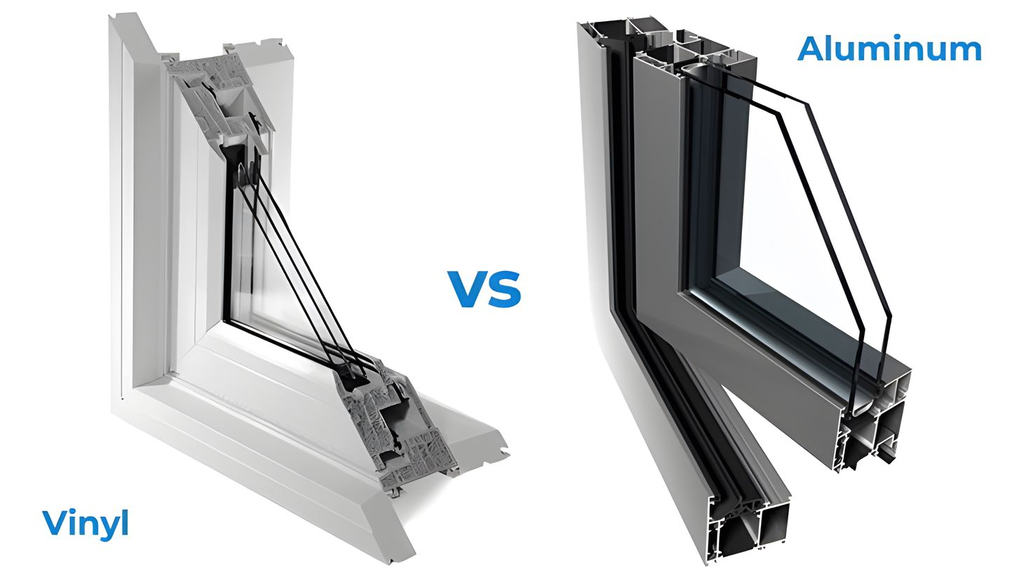What Are Aluminum Windows vs. Vinyl Windows?
Aluminum windows are known for their strength and sleek design, making them a popular choice among builders and architects. These windows consist of metal frames, offering a modern look with a host of benefits. On the other hand, vinyl windows are crafted from polyvinyl chloride (PVC), known for their affordability and low maintenance.
Understanding the core components of these windows aids in making a suitable choice according to your project needs. While aluminum brings robustness and sleekness, vinyl provides insulation and lower initial costs. Let’s delve into their specific advantages.
Why Choose Aluminum Windows?
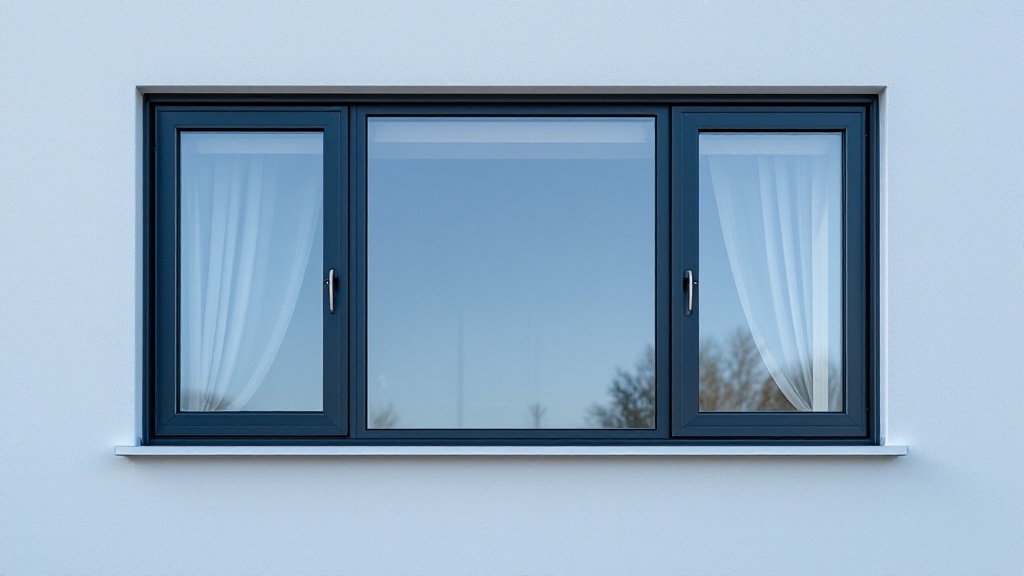
Superior Durability
Aluminum windows are renowned for their strength and rigidity. Unlike other materials, they resist warping and cracking over time, even under extreme temperature variations. For villa owners and property developers, such endurance ensures a long-lasting investment. According to a study by the American Architectural Manufacturers Association, aluminum frames are often preferred for their resilience to physical impact and weather conditions.
Modern Aesthetics
If sleek, modern aesthetics appeal to you, aluminum windows might be the best option. With narrow frames, they allow for larger glass areas, enhancing natural light in any room. Architects and interior designers often prefer them for projects that require a contemporary look.
Why Consider Vinyl Windows?
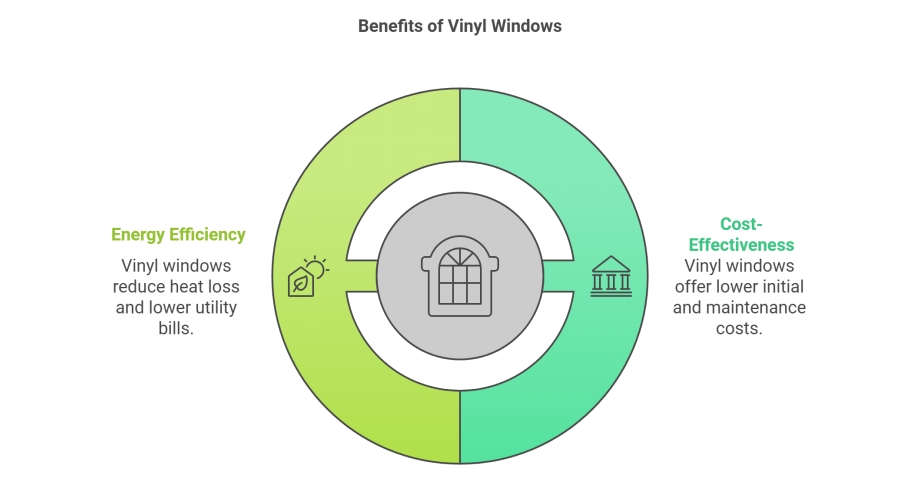
Cost-Effectiveness
Vinyl windows are typically more affordable than their aluminum counterparts, making them an attractive option for budget-conscious homeowners. The initial investment is lower, and the cost savings extend to maintenance as well, as vinyl windows require less upkeep.
Energy Efficiency
Vinyl frames are inherently excellent at insulating, thus reducing heat loss. This energy efficiency translates to lower utility bills, a factor becoming increasingly important given current environmental concerns. According to the Department of Energy, choosing energy-efficient windows can result in savings of up to 15% on annual energy bills.
Which Window Frame Material Offers Better Durability?
Aluminum windows are stronger than vinyl, standing up well against high winds and other elements. However, vinyl windows do not corrode, which can be a significant advantage in humid climates. Choosing between the two often boils down to your specific environmental needs.
How Do Aluminum and Vinyl Windows Compare in Energy Efficiency?
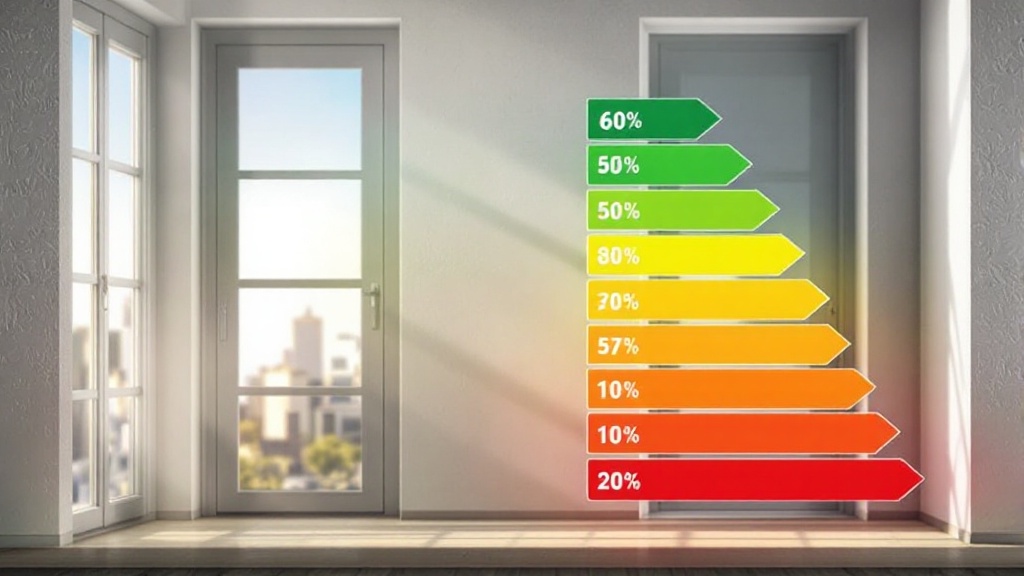
Aluminum and vinyl windows differ significantly in energy efficiency. Vinyl windows are generally more energy-efficient due to their superior insulation properties; they do not conduct heat or cold well, which helps maintain indoor temperatures.
They often come with multiple glazing options and are typically equipped with features like thermal breaks, enhancing their energy performance.
In contrast, aluminum windows, while durable and strong, conduct heat more readily, making them less effective at preventing heat transfer. However, modern aluminum windows sometimes include thermal breaks or insulating materials to improve efficiency. Overall, vinyl windows are usually the better choice for energy efficiency.
Are Vinyl or Aluminum Windows More Cost-Effective?
When evaluating cost-effectiveness between vinyl and aluminum windows, vinyl often emerges as the more economical option.
Vinyl windows are generally less expensive to purchase and install than aluminum ones. They provide good insulation, reducing energy costs over time due to their excellent thermal performance. Vinyl requires minimal maintenance and is resistant to environmental wear like rusting, which can occur with aluminum.
However, aluminum windows are durable and may offer a sleek aesthetic favored in modern architecture. While initially more costly, aluminum’s strength can be advantageous in severe climates.
Ultimately, Aluminum is typically considered more cost-effective for aesthetic and comfortable homeowners seeking efficiency.
What Maintenance Do Aluminum and Vinyl Windows Require?
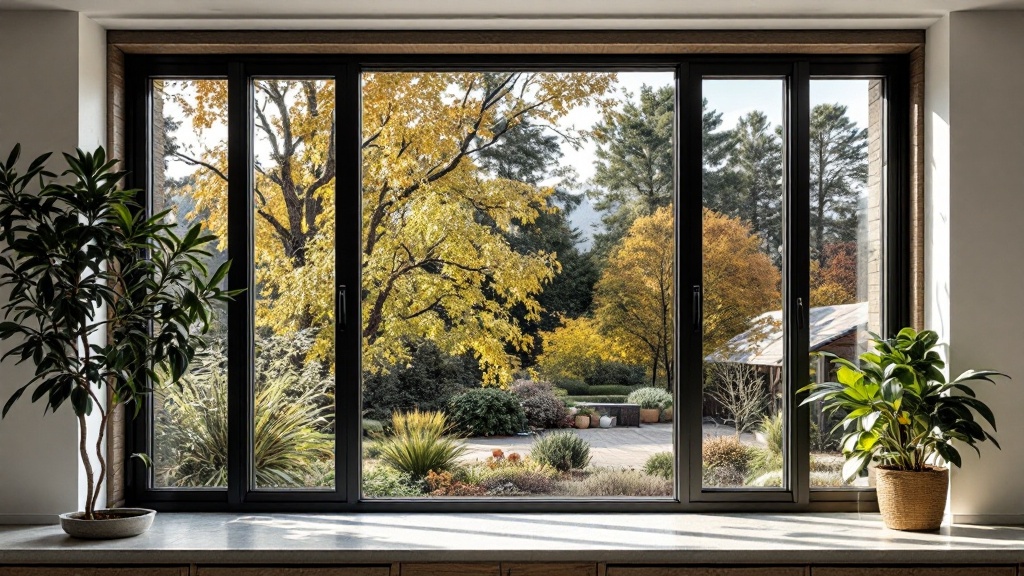
Vinyl windows are virtually maintenance-free. Simply clean periodically with water and mild detergents. Meanwhile, aluminum windows might require periodic checks for dents and scratches. However, maintaining their sleek finish is a straightforward ordeal with Boswindor’s handy guides on window care.
How Does Aesthetics Influence Your Choice of Windows?
Appearance plays a significant role in window selection. Aluminum windows offer a modern aesthetic with their sleek lines and metallic finishes, while vinyl windows provide a classic look with their white, smooth finishes. Builders and interior designers may choose based on the stylistic requirements of their projects.
When to Consider a Replacement Window?
Consider replacing windows if you experience drafts, difficulty opening or closing, or increased energy bills. Whether opting for aluminum or vinyl, Boswindor provides high-quality replacement services.
Should You Choose Aluminum or Vinyl for Your Home?
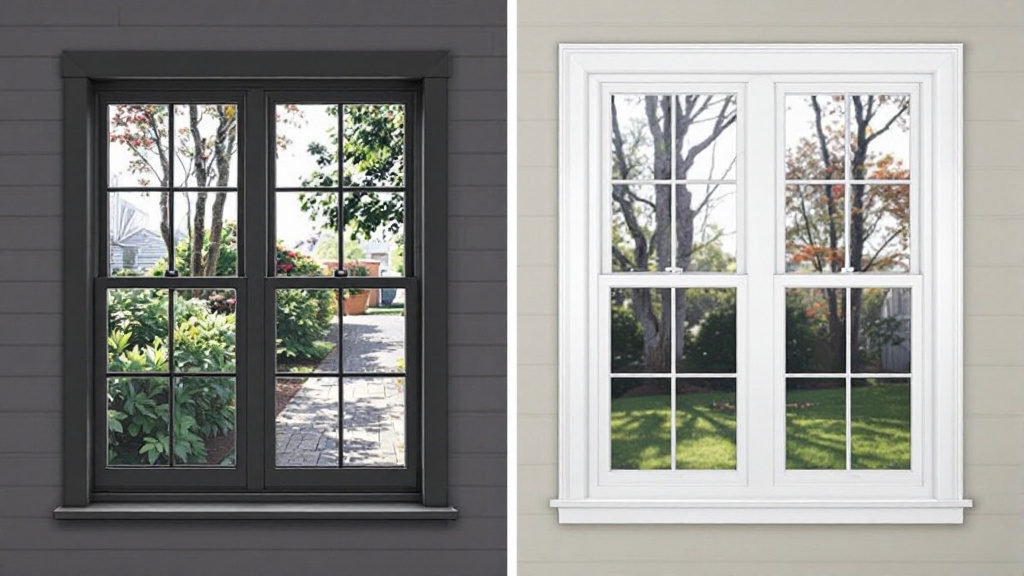
The choice between aluminum and vinyl windows largely depends on personal preference and specific needs such as budget, climate, and aesthetic desires. Builders and developers often weigh these factors before Consult Boswindor’s comprehensive catalog for more detailed options.
FAQs
Does aluminum outperform vinyl in every situation?
Not necessarily. Both materials have scenarios where one outshines the other based on budget, style preference, and geographical location.
Is one material better for the environment?
Both aluminum and vinyl windows can be recycled, but vinyl offers better energy efficiency, which makes it more environmentally friendly in terms of energy conservation.
What is the lifespan of aluminum and vinyl windows?
Aluminum windows can last up to 30 years or more, given their durability, while vinyl windows typically have a lifespan of around 20-25 years.
Which material provides better soundproofing?
Vinyl windows generally offer better soundproofing due to their insulating properties.
How often should aluminum windows be maintained?
Regular maintenance varies based on environmental exposure, but a routine check for dents and debris every few months is advisable.
Are there customization options available for both types of windows?
Yes, both aluminum and vinyl windows come with a variety of customization options, including different styles, colors, and finishes to match your home decor.
Summary:
- Aluminum Windows: Known for durability and modern aesthetics.
- Vinyl Windows: Cost-effective and energy-efficient.
- Durability: Aluminum is stronger, but vinyl offers corrosion resistance.
- Energy: Vinyl provides better insulation; aluminum has improved efficiency technologies.
- Cost and Maintenance: Vinyl is lower in upfront costs; aluminum offers long-term savings.

About Boswindor
At Boswindor, we specialize in manufacturing premium aluminum windows that cater to builders, developers, and homeowners. With a commitment to excellence and innovation, our products are designed to meet the highest standards of quality and performance. To explore our range and discover personalized solutions, contact us for instant quote.

